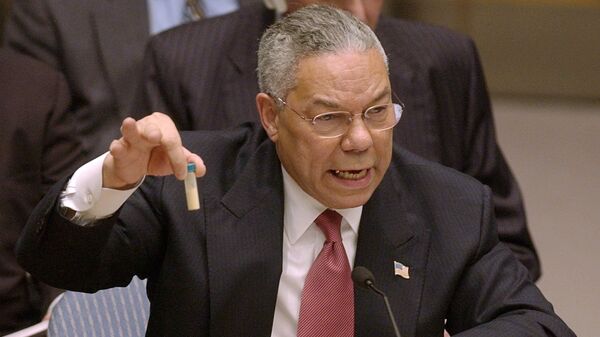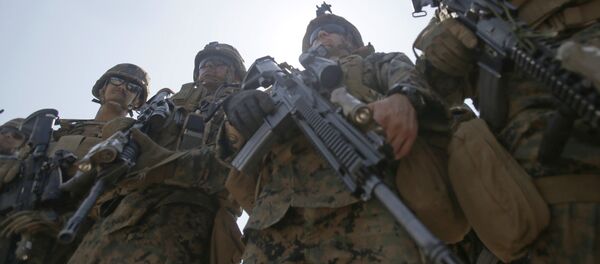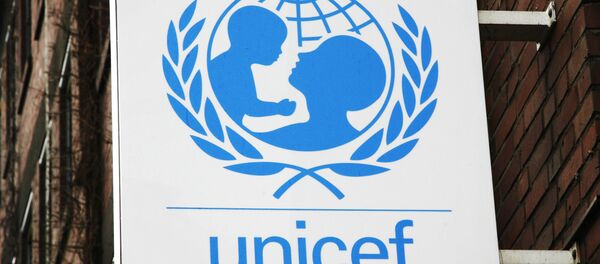He further said that a meeting of the UN Security Council was held during which it was announced that it was necessary to investigate the incident.
“However, we see that a number of Western countries, in particular the United States, already claim that this chemical attack was carried out by the forces of al-Assad.
However, they do not provide with any evidence,” the diplomat said.
“If they have any information confirming the guilt of the government forces of Syria then let them show them to the international community,” he added.
He also said that it should not be forgotten how at one time, former US Secretary of State Colin Powell, speaking at a session of the UN Security Council demonstrated to the whole world pictures of non-existent Iraqi warehouses with chemical weapons allegedly proving the existence of weapons of mass destruction in Iraq, which turned out to be false; however, led to the invasion of the country.
“That became the reason for invasion of Iraq. In Syria, during the reign of Obama, the same issue with chemical weapons was already raised; however, it was settled with the assistance of the UN,” Logoglu told Sputnik Turkey.
He concluded by saying that whoever committed this attack hoped that this would negatively affect both the armistice that was established in Syria thanks to joint Russian-Turkish efforts and talks on the Syrian cease-fire as a whole.
Opponents of President Bashar al-Assad have claimed that the Syrian Arab Army had used chemical weapons against civilians intentionally, something Syrian authorities strongly deny. No evidence has been provided to support the claims.
Russian President Vladimir Putin said on Thursday the Tuesday incident needed to be cleared up before making any accusations.
The Russian Defense Ministry said early Wednesday the airstrike near Khan Shaykhun was carried out by Syrian aircraft, which struck a terrorist warehouse that stored chemical weapons slated for delivery to Iraq.
In 2013, the Syrian authorities agreed to transfer its stockpiled chemical weapons to international control for their subsequent destruction, so as to prevent them from falling into the hands of militants operating in the country.




